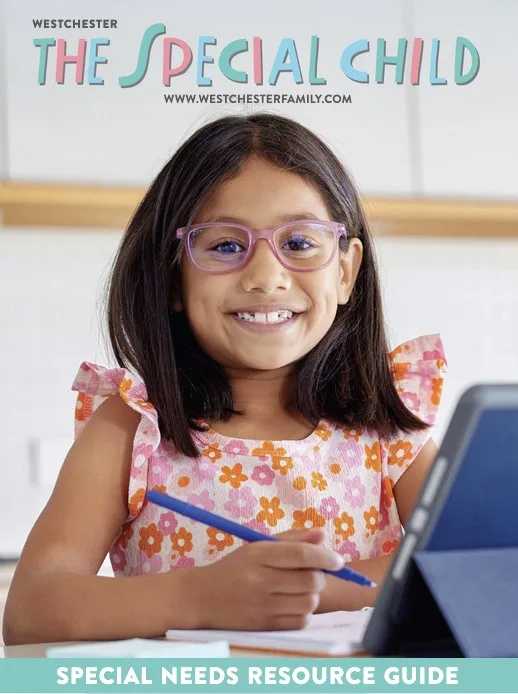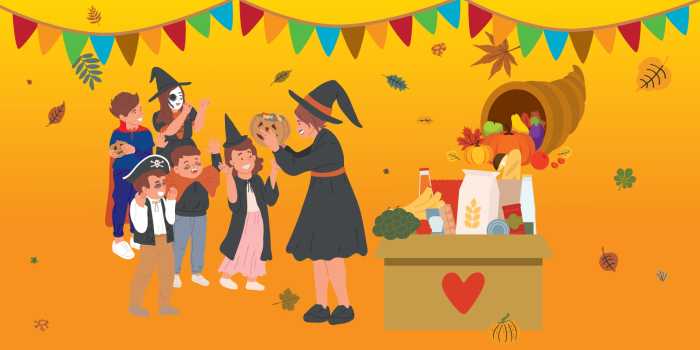At summer camp, children enjoy a summer full of sports, arts and crafts, archery, ropes course adventure and making new friends. But there is much more to the camp experience than just fun.
Children receive a life education at camp, developing the skills needed to become secure, contributing, successful adults. Camp is an extension of traditional education, a component of learning that addresses youth development. American Camp Association research has found that 92% of campers said that camp helped them feel good about themselves and 70% of parents reported that their child gained self-confidence at camp.
“Camp and school are the yin and yang of education for the whole child. Camp is a classroom without walls and camp addresses a different set of ‘R’s’ from academia’s classic ‘Reading, ‘Riting and ‘Rithmatic.’ Camp has its own 3 R’s: Resilience, Responsibility and Resourcefulness,” said Marla Coleman, Owner and Founding Director of Coleman Country Day Camp in Merrick, NY, and past president of the American Camp Association. “Children need these social and emotional competencies to thrive. Camp gives them authentic opportunities to practice growing up.”
Unlike the traditional classroom, summer camp addresses the whole child. Summer camp is where a child’s social education takes place. Children learn about making good decisions, being part of a team, thinking independently and building self-esteem. Camp also provides a nurturing environment for a child who may not be successful in the school setting. Many of these children excel given the “hands-on” nature of camp, building self-esteem which may be lacking during the school year. “A big advantage of camp is that because it doesn’t teach to a standardized test, and keeps no grades or permanent records, children can go at their own pace to conquer their fears,” said Coleman.
Camp also helps stem summer learning loss. According to the National Summer Learning Association (NSLA) and research conducted by Johns Hopkins sociology professor Karl Alexander, intentional summer programs such as camp help stem summer learning loss, providing experiences that challenge children, develop talents, keep them engaged and expand horizons. Marla Coleman adds, “Camp directors embrace their role in preventing ‘summer slide’ by providing opportunities for independence and decision-making and in building caring and collaborative citizens and communities.”
At both day and resident summer camps, children develop more sophisticated social skills, grow more independent, and become willing to try new things. Although the desks may be absent at camp, nature becomes the classroom. Camp is one of the most powerful learning environments and is a critical part of educating the whole child.

























